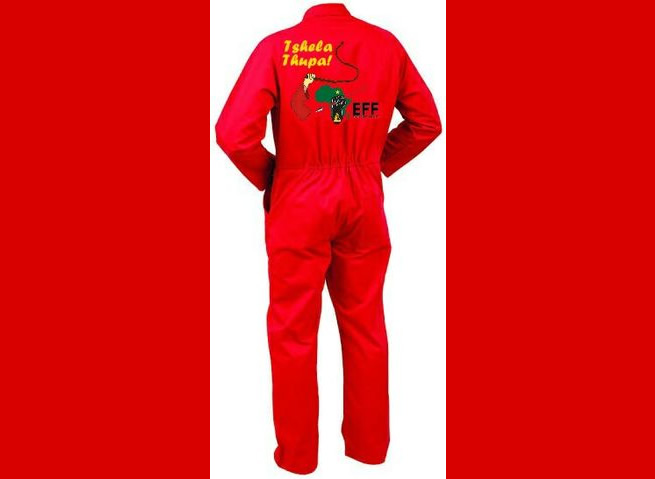Mpumalanga – A motion by the Economic Freedom Fighters (EFF) to rename the iconic Kruger National Park has resulted in embarrassment for Mpumalanga lawmakers, after it was revealed that the proposed new name honoured a figure reviled by the very communities the party sought to recognise.
The EFF, in a move intended to address the lingering presence of colonial figures in South African heritage, proposed renaming the park "Skukuza." However, this seemingly progressive gesture quickly unravelled when it emerged that "Skukuza" was the local nickname for James Stevenson-Hamilton, the park's first warden – a man notorious for forcibly removing black communities from their ancestral lands.
In their haste to seemingly honour a black hero, legislators inadvertently endorsed a figure synonymous with the brutal displacement and dispossession of black South Africans, turning what was meant to be a symbolic victory against colonialism into a public relations disaster.
The motion, introduced without prior notice as part of Heritage Day reflections, was initially met with cross-party support in the Mpumalanga provincial legislature. This rare moment of unity saw members from across the political spectrum backing the call, driven by the EFF's argument that South Africans remain undermined by the continued presence of colonial names on heritage sites, such as Paul Kruger.
When a motion without notice is adopted, it becomes a binding resolution. Such motions are usually reserved for urgent or broadly supported matters and must pass with unanimous consent or a strong majority.
This week, EFF provincial leader Collen Sedibe conceded that the party had acted prematurely, but maintained the importance of removing colonial names.
“We are still engaging with the land claimants at Kruger National Park and the people who were staying there because they said Skukuza is not the right name. He was the man who kicked them out of the park,” Sedibe told journalists.
The Department of Culture, Sport and Recreation has since clarified that the legislature's resolution does not automatically change the park's name. Spokesperson Sibongile Nkosi explained that while the motion reflects a political stance, it does not override the official naming process.
She emphasised that renaming a site of Kruger's significance would require extensive national consultation, involving the South African Heritage Resources Agency, South African National Parks, affected communities, and potentially the United Nations Educational, Scientific and Cultural Organisation (UNESCO).
“The Mpumalanga Provincial Geographical Names Committee (PGNC) acknowledges the motion passed by the provincial legislature. However, we emphasise that no formal application for the renaming of Kruger National Park has been submitted to the PGNC at this stage.”
Nkosi also cautioned against simplifying history, noting that “The name ‘Skukuza’ may be contested precisely because of its dual associations – as both a symbol of administrative control and an embodiment of resilience and memory for displaced communities.”
The EFF's renaming efforts have faced setbacks elsewhere. Their attempt to rename Kruger Mpumalanga International Airport after former deputy president David Mabuza failed when it was discovered that the facility is privately owned.
The proposals have drawn criticism from tourism and business leaders. Kruger Lowveld Chamber of Business and Tourism CEO Linda Grimbeek described the park motion as “a joke”.
“We never thought anyone would submit such an unresearched proposal."
“Kruger Park is an iconic destination. If you go anywhere overseas and speak to people, they will know Kruger before they know anything else about South Africa. To change the name of such an iconic place would be nonsensical,” she added.
Primkop Airport Management, the owners and operators of Kruger Mpumalanga International Airport, issued a carefully worded statement that avoided political commentary but emphasised regulatory compliance.
“We note the discussion around a proposed name change for Kruger Mpumalanga International Airport. The airport is regulated by the Department of Transport,” said Primkop CEO Grant Ponting. “We recognise the importance of it as a vital gateway for tourism, commerce and agriculture for South Africans and international visitors.”
The statement sidestepped questions regarding ownership and naming rights but reaffirmed the airport's status as a regulated private facility.
For now, both the park and airport retain their original names, leaving the EFF facing accusations of scoring a historic "own goal" in their symbolic battle against colonialism. The incident serves as a cautionary tale about the importance of thorough research and engagement with affected communities before pursuing potentially divisive changes to national heritage sites.

Follow Us on Twitter











